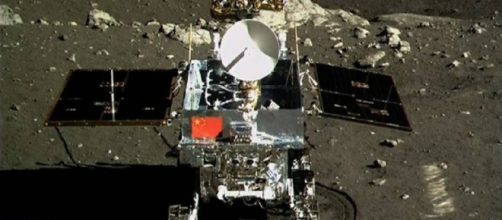Foreign Policy Magazine recently took note of the most searched phrases on China’s most popular search engine, Baidu, as a way to explore Chinese attitudes and stereotypes about Americans. The results range from how the Chinese imagine the – er – endowments of American men to the ready availability of guns in the United States. The most intriguing phrase that Chinese people search is “Why hasn’t America been back to the moon?”
The question should be examined in context. The Chinese are very interested in landing astronauts on the lunar surface sometime around 2030.
In the meantime, China has orbited the moon twice and has landed a rover on the lunar surface one. They plan to land on the lunar farside fairly soon and conduct a sample return mission. The Chinese regard the moon as a venue for economic development and political aggrandizement.
The Chinese admire that American Apollo moon landings and are keenly aware of American technological sophistication (they are hacking computer networks to steal technology secrets) and economic strength. China must wonder why the United States does not regard the moon with the same urgency it does.
So why hasn’t America been back to the moon? The long answer appears in this author’s book “Why is it so hard to go back to the Moon?” which is, sadly, not available in mainland China due to that country’s censorship regime.
The short answer concerns a series of bad presidential decisions ranging from Richard Nixon truncating the Apollo program to Barack Obama’s ending the Constellation program.
Hope springs eternal, however. Congress is pushing for NASA to turn its attention back to the moon. Private companies such as Moon Express are starting private lunar exploration and mining operations. One study, conducted by a think tank called Next-Gen Space, commissioned by NASA, suggests that Americans could be back on the moon by 2022 for not a lot of money and would establish a moon base soon after that.
Thus, when the Chinese land on the moon in 2030, Americans could be already there, likely with international and commercial partners, to greet them.

